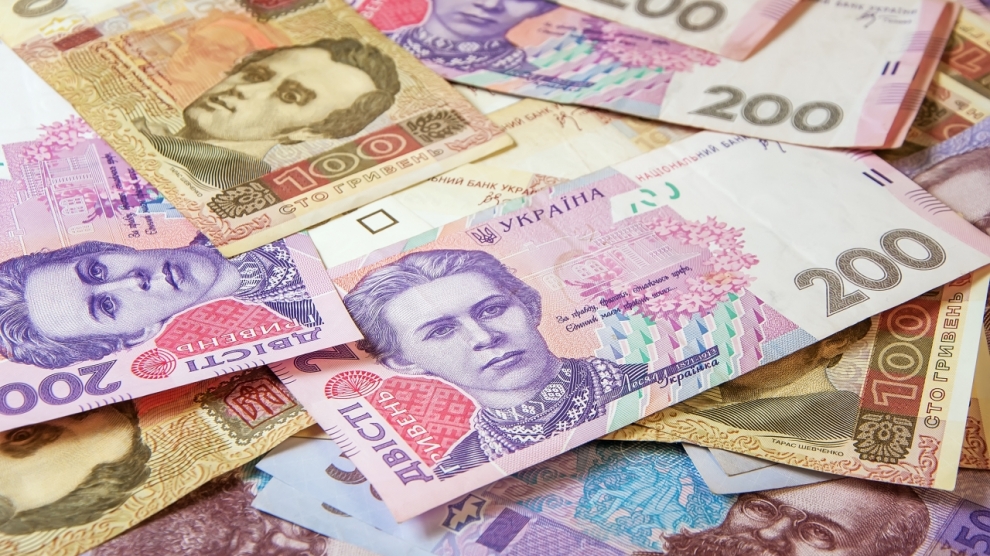Ukraine’s hyrvnia has been identified as one emerging market currency that will continue to be susceptible to balance-of-payment crises. The news comes from the External Vulnerability Index published by business information provider IHS Markit. Romania’s leu is also at risk. Emerging market currencies have depreciated by approximately eight per cent against the US dollar this year, trough end-September.
The Ukrainian hryvnia has been under significant pressure since early 2018. However, with the intervention of the National Bank, the hryvnia’s exchange rate has so far only weakened by 0.8 per cent this year against the US dollar.
“Ukraine remains vulnerable to adverse external financial conditions owing to its chronic current-account and fiscal deficits, which require external financing; thin cover for imports, usually verging on the three-month mandatory threshold; expensive access to capital markets and very high debt-to-external earnings ratio,” said Nariman Behravesh, chief economist for IHS Markit. “In the past, these weaknesses were exacerbated when external and domestic political instability converged.”
The External Vulnerability Index from IHS Markit ranks 190 countries based on the stability of their currency, using measures such as the current-account balance, external debt exposure, foreign exchange reserves and inflation. Macroeconomic policy prudence and political risk are also factored into the final ranking. Additional elements of the vulnerability score include countries’ foreign exchange systems, the size of foreign direct investment (FDI) inflow and external debt. The External Vulnerability Index score correlates with the rank of a country out of the 190 surveyed: a score of 25 indicates a country’s currency ranks as the 25th most vulnerable.
“The least vulnerable emerging markets are China and Russia, owing to their persistent current-account surpluses, low external debt exposure, and ample foreign exchange reserves,” added Mr Behravesh said. “However, Russia is far less robust, owing to geopolitical risks and its open borders to capital movements.”






Add Comment